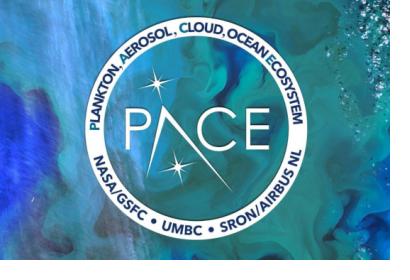NASA's latest satellite mission, the Plankton, Aerosol, Climate, ocean Ecosystem (PACE), has been launched into orbit, marking a significant step in understanding crucial aspects of Earth's health and climate dynamics. PACE's primary objective is to examine the interplay between various components of Earth's systems, focusing on oceans, atmosphere, and climate. Equipped with advanced instruments, including a hyperspectral ocean color sensor, PACE aims to monitor microscopic life in water bodies and airborne particles, providing unprecedented insights into their distribution and behavior on a global scale.
PACE's observations will contribute to understanding the factors influencing global warming and support efforts outlined in the Biden-Harris Administration's climate agenda. The satellite's capabilities extend to studying oceanic phenomena such as phytoplankton distribution, harmful algal blooms, and marine environmental changes. Additionally, PACE carries polarimeter instruments to analyze atmospheric aerosols, cloud properties, and air quality, further enhancing our understanding of Earth's interconnected systems.
For more information on PACE, visit: https://www.nasa.gov/pace

